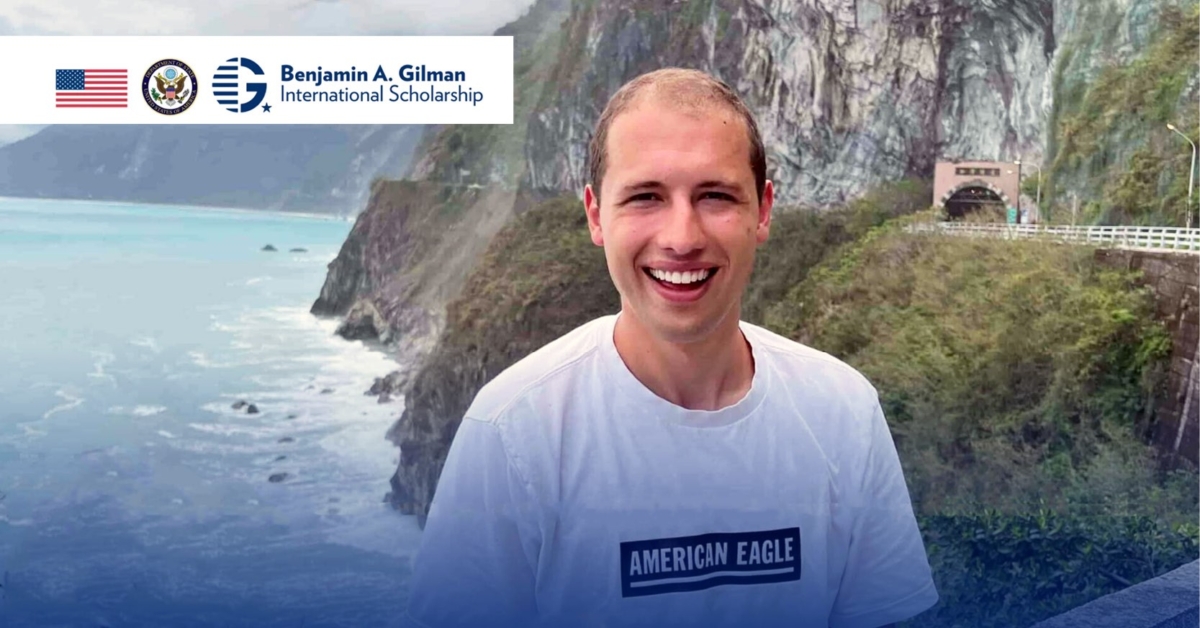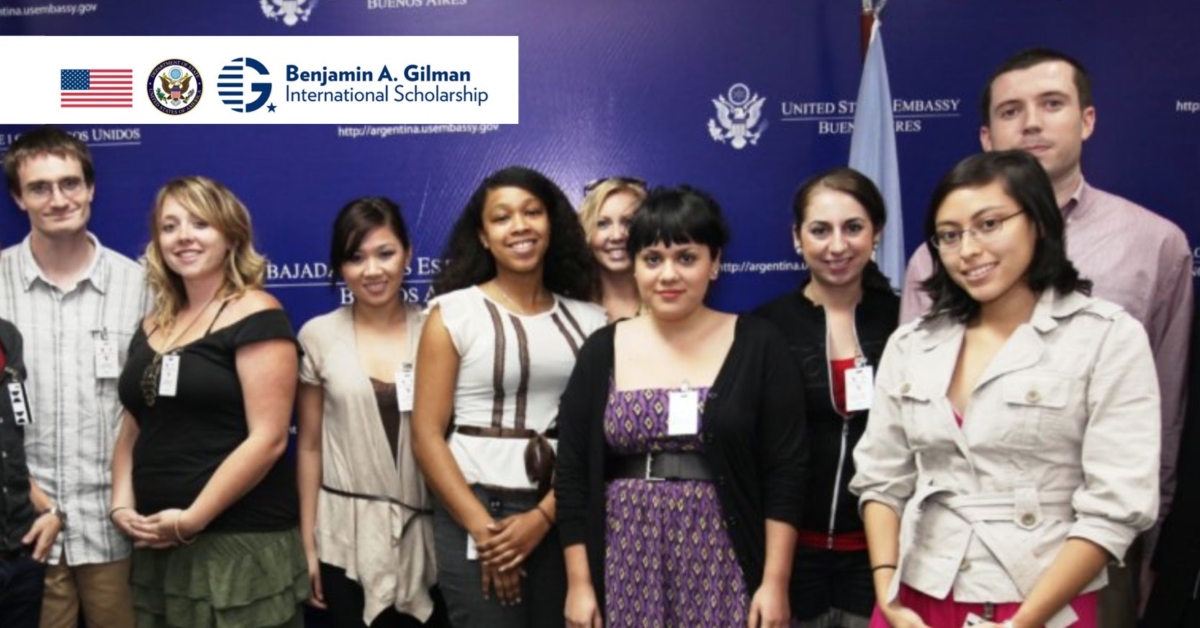
Gilman and Rural Leaders forge Food and Fibre education alliance.
In partnership with Rural Leaders, the U.S. Mission to New Zealand will undertake a week-long, interactive programme for Gilman alums working in fields related to global food security.
As part of their professional development the Gilman alums will examine how New Zealand navigates geopolitical and climate change risks as a Food and Fibre based economy.
Participants will gain insights into policies, technologies, and adaptation measures aimed at securing the agricultural sector and mitigating environmental impacts, crucial for sustaining New Zealand’s role as a global food supplier amidst evolving global challenges.
“We are excited to be hosting this programme with Gilman and the US Department of State. It gives us an opportunity to showcase New Zealand’s innovation and initiatives towards food security and how we create resilience throughout our food systems,” said Lisa Rogers, CEO, Rural Leaders.
Benjamin A. Gilman International Scholarship Background.
The U.S. Department of State’s Benjamin A. Gilman International Scholarship Program enables students of limited financial means to study or intern abroad. The Scholarship aims to encourage students to study and intern in a diverse array of countries; in 2024 this will include New Zealand.
The week-long programme called ‘Mission New Zealand – Navigating Geopolitical Tensions and Climate Change as an Agri-based Economy’, has been designed to give the visiting Scholars a deep dive into global food security.
Running from Monday 26th – Friday 30th August 2024, and facilitated by Dr. Scott Champion, the Programme features a stellar line-up of modules and speakers, including:
A Global Perspective, Ian Proudfoot (Global Head of Agribusiness, KPMG).
Te Ao Māori Perspective, Jess Smith (Regional Director – Te Tai Hauauru
Te Puni Kōkiri).
Food Security/Food Safety Perspective, Hon Minister Andrew Hoggard (Minister for Biosecurity and Food Safety).
A Discussion on Trade, Hamish Marr (Special Agricultural Trade Envoy), Brian Wilson (Divisional Manager – Trade Policy & Negotiation Division, Ministry of Foreign Affairs & Trade)
Value Chains in the NZ Food and Fibre Sector, Prof. Hamish Gow (Professor – Global Value Chains & Trade, Lincoln University).
Global Food Security, a NZ Government Perspective, Hon Minister Todd McClay (Minister of Trade and Agriculture).
Silver Fern Farms, Ryan MacArthur (On Farm Sustainability Manager).
Fonterra, Charlotte Van Der Lee (Sustainability Manager).
Precision Agriculture, Craige MacKenzie (2008 Nuffield Scholar).
Supply Chain, Lyttelton Port Company – Simon Munt (Chief Customer and Supply Chain Officer).
Biosecurity, Regulations, and Emissions Reductions, Julie Collins (Deputy Director-General Policy and Trade, Ministry for Primary Industries).
Global food security, the NZ Perspective, Hon Damien O’Connor (Labour Party Spokesperson for Foreign Affairs, Land Information, Trade and Transport, Member of NZ Parliament).
Final Overview, Lisa Rogers (CEO, NZ Rural Leaders), Dr. Scott Champion (Dir. Primary Purpose, Facilitator), Margaret Walrod (Foreign Service Officer at U.S. Department of State, U.S. Embassy, Wellington), Theresa Gagnon (Program Officer at U.S. Department of State, Bureau of Educational and Cultural Affairs (ECA), USA).
The Programme also features several reflection sessions with Facilitator Dr. Scott Champion, farm visits (Matt Iremonger, Alan and Carina Friedman and Marr Farms), dinners, and recreational activities.

Why visit us? The New Zealand context.
As an agribusiness nation, New Zealand remains dependent on its agricultural and horticultural product exports to maintain a healthy economy. Each year, New Zealand exports approximately 90% of its dairy, meat, fruit, and vegetables to a value of USD 32 billion. However, this economic backbone is vulnerable to geopolitical tensions and climate change.
Geopolitically, New Zealand’s agriculture is affected by global conflicts. During the Russia-Ukraine war, farmers faced decisions regarding exports to Russia amidst international sanctions, highlighting the sector’s exposure to global political dynamics.
Climate change presents significant challenges, with intensified weather events like Cyclone Gabrielle disrupting supply chains and threatening agricultural viability.
The sector is also grappling with increased animal diseases and oceanic impacts on aquaculture, exacerbated by its substantial greenhouse gas emissions.
“This partnership highlights Rural Leaders’ desire to forge stronger relationships with international connections,” added Lisa Rogers.
Other Scholar groups will visit Columbia and Zimbabwe later this year.
To find out more about the Gilman Scholarships visit here.

























